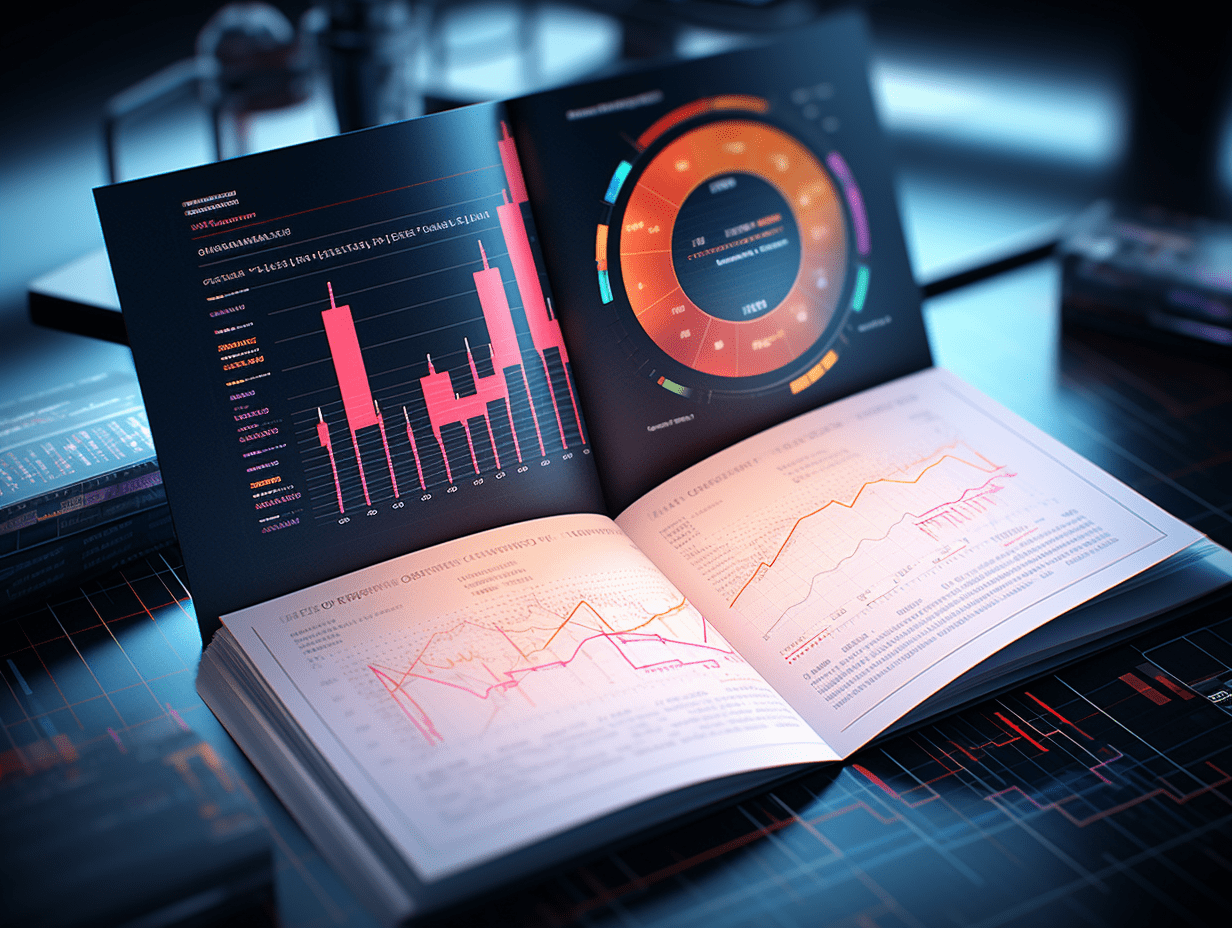
Trump's tariffs shock waves sweeping across the Asia-Pacific region, with the Nikkei Index plummeting more than 2%, falling below 34000 points.
The tariff frenzy stirred up by U.S. President Trump has caused severe turmoil in global markets, and on Friday the Asia-Pacific stock markets were not spared, experiencing a comprehensive decline. The Australian S&P/ASX 200 index fell by 1.70%, and the Japanese stock market suffered a heavy blow, with the Nikkei 225 index plummeting 2.77% to 33,820.83 points and the TOPIX index plunging 3.10%, both indices experiencing rare declines for the year. Among them, the Nikkei 225 index fell below the key level of 34,000 points for the first time since August 7th last year, triggering deep concerns among investors about the outlook for the Japanese economy.
Global car manufacturers were hit hard, with Japanese automakers' stock prices experiencing a collective collapse. As of the time of writing, Toyota Motor Corp. Sponsored ADR plummeted by 5.30% in the Tokyo market, Honda Motor Co., Ltd. Sponsored ADR fell by 5.70%, Nissan Motor Co. dropped by 4.15%, Mazda Motor plummeted by nearly 6%, and Mitsubishi Motors also fell by 4.61%. In South Korea, Kia Motors and Hyundai Motor, which have manufacturing plants in Mexico, fell by 2.76% and 1.44% respectively, demonstrating the extreme sensitivity of the global supply chain to tariff policies.
The catalyst for this stock market collapse was Trump's announcement on Wednesday of a "reciprocal tariff" plan involving over 180 countries and regions, including the European Union, Japan, India, and Vietnam, with tariff rates ranging from 10% to 49%. The market is generally concerned that this policy, cloaked in protectionism but actually waging a trade war, will lead to global trade chaos, higher commodity costs, and ultimately be borne by consumers.
The U.S. stock market has suffered heavy blows for two consecutive days. On Thursday, the S&P 500 index plummeted by 4.84% to 5,396.52 points, the Dow Jones Industrial Average fell by 3.98% to 40,545.93 points, and the Nasdaq Composite index plummeted by 5.97% to 16,550.61 points, marking the largest single-day drop since the early days of the 2020 pandemic. Tech stocks and multinational companies were hit hardest, with Apple Inc. (AAPL.US) plummeting by 9.3%, Tesla, Inc. (TSLA.US) plunging over 5%, NVIDIA Corporation (NVDA.US) dropping nearly 9%, and NIKE, Inc. Class B (NKE.US) tumbling by 14.5%.
It is worth noting that the impact of this tariff policy on the global automotive industry is particularly significant. The U.S. imposition of punitive tariffs of 25% on imported cars directly caused the stock prices of Japanese and Korean automakers to collapse. Toyota's stock price fell to its lowest level since September last year, while Honda, Nissan, and Mazda all hit multi-month lows, reflecting extreme market panic over the restructuring of the global supply chain.
Analysts warn that Trump's tariff policy is causing chain reactions globally. On the one hand, trading partners may take retaliatory measures, leading to a comprehensive escalation of tariff wars; on the other hand, the dampening of business confidence will inhibit investment intentions, the decline in consumer purchasing power will impact the consumer market, creating a vicious cycle of "shrinking demand - contracting production."
It is worth mentioning that a recent research report by Bruce Kasman, Chief Economist at JPMorgan Chase, is like a heavy alarm bell, pointing directly at the Trump administration's tariffs on global trading partners as pushing the world economy to the brink of danger. The most striking data in the report is the sharp increase in the probability of global economic recession. Kasman's team has significantly raised the risk assessment of global economic recession from 40% to 60% this year, a rare adjustment in recent years.
"New Federal Reserve Communication Agency": Trump's tariffs are a high-risk gamble, which may bring high costs to the financial markets.
In the first quarter of 2025, the Chinese market ranked list of mergers and acquisitions with a transaction volume of approximately 777.9 billion yuan, a year-on-year increase of about 115.30%.
RECOMMEND
©️2013 - 2025 GMT EIGHT Holdings. All Rights Reserved.
Contact: [email protected]


